People do not always choose for themselves a profession that they like and becomes the work of a lifetime. But this is hardly worth surprising, because very often high school students, thinking about their future, do not have a clear idea of many professions. Take the same power engineers - even among adults, not everyone can answer correctly what such a specialist does. Let's try to figure out what kind of work this is, whether it is worth undertaking it.
Who is that?
The profession of energy is a rather loose concept. Here the situation is approximately the same as in the case of the locksmith - someone repairs the water supply, and someone closer repair of cars. For instance, it would be worthwhile to separately single out the professions “electric power” and “heat power”, because employers often indicate precisely the narrowly focused sphere of future activities.
However, the description of both professions is very similar. As the name implies, energetics are people involved in energy-related activities. For this reason, until the end of the century before last, when mankind had not yet learned how to build large energy enterprises and purposefully produce energy in large volumes, power plants were complex and in some places dangerous equipment that needed special maintenance. It was with him that the first power engineers worked.
Today, the power engineer is a representative of staff for a wider range of energy and power equipment.
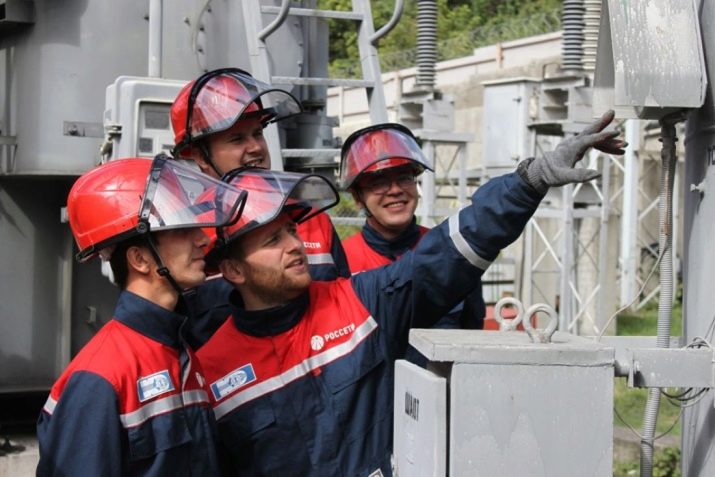
Responsibilities
If we consider the officially adopted classifier, then the power industry is divided not so much into electric power and heat power, but rather simply power engineers and power engineers. Their posts are very similar in many ways, but of course there is a difference.
Just power engineers usually young specialists whose experience does not exceed 5 years. First of all, such a specialist is responsible for the design and installation of electrical networks, as well as for their repair in case of any malfunctions. The energy sector also has a duty to control the serviceability and safety of networks.
Energy Engineer - This is the next step in the evolution of energy, for which it is necessary to work out the specified 5 years by profession and undergo training in order to improve skills. An energy engineer can deal with all of the same issues that are listed above, but his responsibilities will include more complex tasks. If an ordinary power engineer only designs networks, then the power engineer is still involved in the drawings and determines the energy consumption standards. Only an engineer can make decisions on upgrading networks, introducing any new technologies at the enterprise - this is also his pure competence.
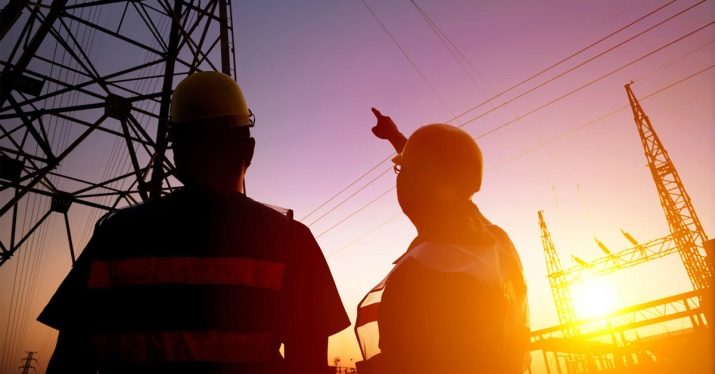
If we consider the responsibilities in more detail, we need to highlight the following aspects.
- Network Design. Complex systems are not so simple to drop a single cable. They assume many nodes and forks, many consumers are powered from them. To avoid power surges and overloads leading to fires, the system must be properly designed and properly balanced. In this case, the professional, of course, must find a solution that combines high security and low cost.
- Heating network design. The power engineer must design the heating system inside the building so that it is extremely efficient and at the same time as low as possible.
- Charting. Given the results of the above steps, the specialist schematically displays on paper the routes of future communications so that the circuit is understandable to installers.
- Budgeting. Only a professional knows what kind of equipment is needed to achieve their goals, therefore, in the estimate, he prescribes all the components of the future system. The customer is more interested in the question of the cost of implementing the plan, so the power engineer is obliged to indicate in the estimate the price of individual components and the total amount of expenses for the purchase and installation of equipment.
- Purchase of components. In order to avoid any misunderstandings, the power engineer must be personally present when purchasing everything necessary for the construction of the system.
- Installation control. A qualified specialist usually does not personally assemble the system, but he must be sure that the workers are doing everything right. To ensure the absence of any marriage on the part of installers, it is present during assembly, monitors and directs the actions of workers.
- Commissioning. The power engineer personally conducts the first inclusion of the system, and does this at full capacity - the one for which the project is designed. If any problems are identified, he, as a specialist in his field, is obliged to immediately find out the reasons and report this, not allowing the use of the assembled system until the marriage is eliminated.
- Routine maintenance and repair. Although the installation is most often not done by the power engineer, the subsequent repair mainly falls on his shoulders, because it is he who is engaged in the daily maintenance of the system. In addition, while on the staff of the enterprise, such an employee is obliged to regularly examine the state of the networks and identify potential problems before they lead to an emergency.
- Modernization Design. Any network can be improved if years have passed since its commissioning, as well as in cases of new equipment. Being a specialist in his industry, the power engineer must calculate the energy consumption and be aware of new products that can improve the situation.If there is a real opportunity to spend now in order to save money in the future, the employee must provide his superiors with his calculations so that “above” they decide on modernization.

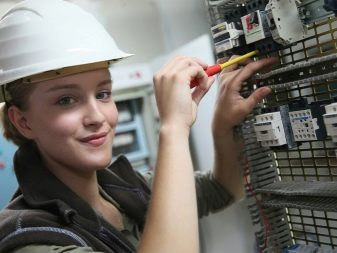
Even such a list of responsibilities cannot be considered complete - it all depends on the specifics of each individual enterprise and the current situation. At work, the power engineer acts according to the job description and logic considerations.
Knowledge and skills
An energetic is a work that should be recommended to people with a technical mentality. The profession involves a large number of complex calculations, and it’s not accepted to make mistakes here - even one mistake can result in huge expenses and even loss of life.
Power engineering work is very painstaking. The specialist must be attentive to details. A distinctive feature will be the ability to completely abstract from everything outside, fully concentrating on the task.
Among other things, the design and construction of complex engineering networks is great responsibility, therefore, the power engineer should not be afraid to take it upon himself. In an emergency, the right decision may not be obvious, but procrastination is sometimes even more dire in terms of consequences. Willingness to take responsibility, act quickly and decisively, bear responsibility in the event of an error - these are also mandatory characteristics for the power engineer.
And one more thing: an innovative vein will not hinder a good specialist in a large enterprise.
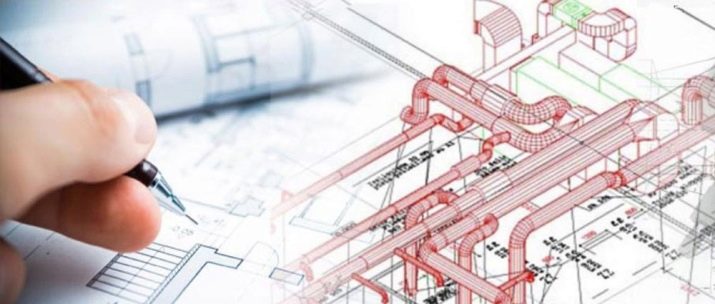
Education
The power engineer is, rather, a position rather than a specific specialty. It is possible to fulfill all the duties mentioned above with a diploma in which any of the listed series of specialties is indicated. Closest to the topic, of course, "Heat and Power Engineering" or "Power and Electrical Engineering", but in general the necessary knowledge can be obtained by a related, but more extensive specialty "Power Supply". You may also "Construction" or even "Nuclear physics and technology."
At the same time, a simple power engineer (without the addition of an “engineer”) can only have secondary technical education. It all depends on what you want to deal with - for servicing a simple and typical city heating system as a repair technician, this is quite enough. If dreams lead to serious scientific research, you should focus on Moscow Energy Institute or St. Petersburg State Technological Institute, although similar educational institutions exist in other large cities throughout Russia.
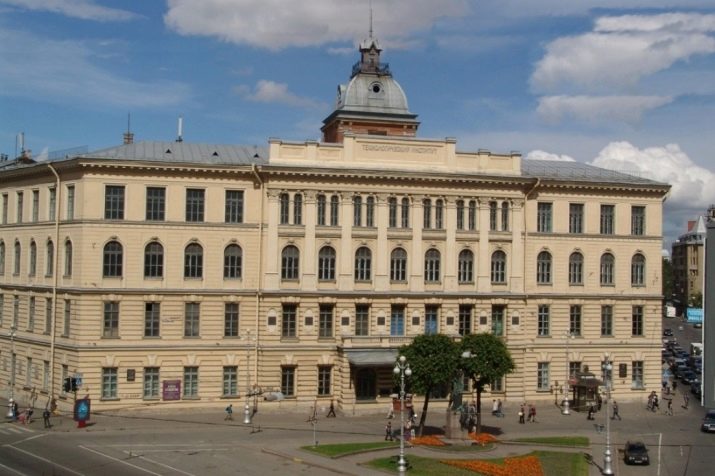
Where does it work?
Energetics are pretty demanded specialty - they are needed at any enterprise engaged in the construction or operation of electric and heat networks. This means that such a specialist is needed literally everywhere - from utilities to factories.
An indicator of demand is often a salary. It can be very different for a power engineer, but it certainly doesn’t really be very small - usually fluctuates between 22-70 thousand rubles a month. Much depends on how much work is performed by a specialist, how large-scale networks are entrusted to him. In addition, the salary is also affected at what stage of the career growth the specialist is currently at - whether he is just an energy engineer, an energy engineer, or if he was promoted to senior on a project or workshop, or even to the head, if the enterprise is suitable by profile.











